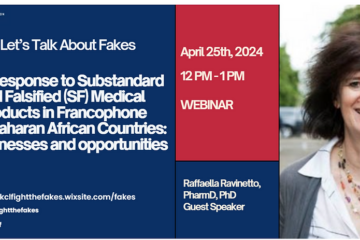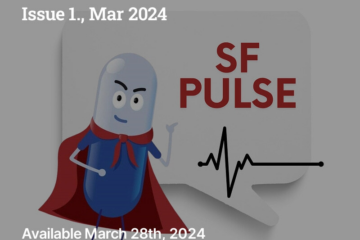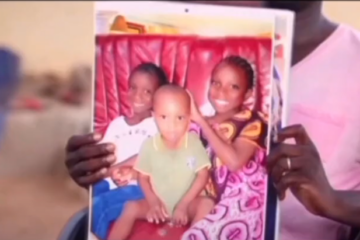My name is Vittoria Grasso and I am a Venezuelan student studying economics at Bocconi University in Milan.
This year I got the opportunity to be the Model UN (MUN) Director for the United Nations Office on Drugs and Crime at the National High School Model United Nations (NHSMUN). I chose to make Fraudulent Medicines the topic of discussion for of two reasons. First, I thought it would be interesting to debate something that not only happens everywhere, but that each one of us could have easily had contact with without even noticing—an issue that is becoming more common every day, yet no one speaks about. And second, I chose it because it was a crime related topic with a very strong social component.
Fraudulent medicines are worth taking seriously because, unlike other crimes and types of counterfeiting, with this one you not only are completely fooled, but are also not given an option. Unlike illicit drugs- those you know are going to harm you yet you choose to consume- with fraudulent medicines you are promised health, but might end up worse or even dying. According to a World Health Organization survey, approximately 700,000 people die each year due to counterfeit malaria and tuberculosis medication alone. Throughout the world, fraudulent medicines can be pushed as cheap alternatives, but these are medicines you would be better off not consuming at all.
Hearing over 3100 students from 25 different countries debate fraudulent medicines was an incredible experience. They were engaged and eager to find solutions and proposals ranged from international databases and annual summits to further regulation on production and distribution, plans for a better disposal of expired drugs, punishment reform, and identification codes. Granting students the opportunity to participate in such debates and policy discussions helps them become responsible and proactive citizens in the future. The role young people play in policymaking is dynamic. With innovative ideas and creative lobbying, young people are faced with the task of bridging the gap to the older generation, and bringing change.
My own involvement with Model UN started in 2010 when I was a student looking to try something new. After participating as a delegate for two years, I decided I wanted to continue as part of staff because I believed in its premise. I believe in the idea of using these simulations not only as a means to teach high school students critical thinking and problem solving, but also as a tool to raise awareness about all the issues and problems that we see as distant but that actually affect us all.
“Fraudulent medicines are falsely labelled and sold drugs and pharmaceuticals. These are serious threats to individuals in developing countries, who are unknowingly consuming poisonous substances as opposed to the medications they actually need.” –Student delegate representing Japan
Click here to visit the Intentional Model United Nations Association website.


